about
Bigote or (The Happy Anarchy Of Bureaucracy) is a narrative short film and graphic novel, based on real events.
Amidst Venezuela’s socio-political crisis, a woman struggles to access government support for her family. Meanwhile, reality weaves into a world as seen through her six years-old child, who is captivated by a telenovela starring the president in red spandex.
Beyond the campy superhero facade, lays a grimmer truth of bureaucratic violence, hyperinflation and families facing hunger.
Bigote explores Venezuela’s socio-political crisis, while responding to sensationalism in the media by focusing on a third universal form of violence: bureaucracy.
Through a retro-telenovela aesthetic, the film questions the broader role of film as a tool for distraction and its ability to affect an individual’s capacity to think critically. Today, this faculty appears to be fading rapidly within our current global political landscape–where parallels of bigotry emerge between the authoritarian politics of Venezuela and other Economic Empires–only furthering the gap between what the collective subconscious expects propaganda to look like and its deceitful multifaceted nature.
More than a film and graphic novel, Bigote or (The Happy Anarchy of Bureaucracy) stands as a personal manifesto and love letter to my younger self who, in an attempt to be more accepted, suppressed my cultural heritage and now, through my work, strives to reconnect with my identity by embracing its complexity.
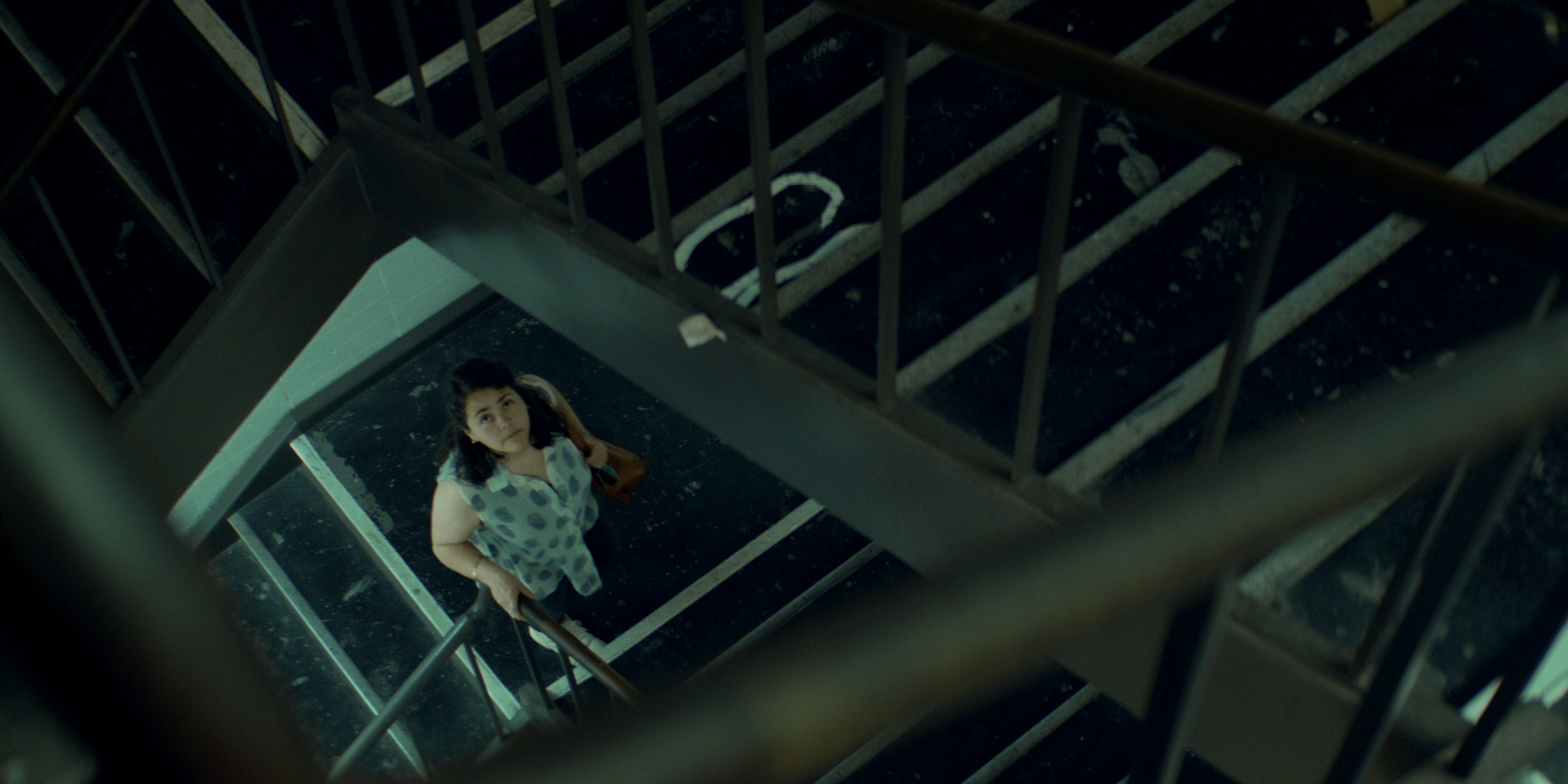
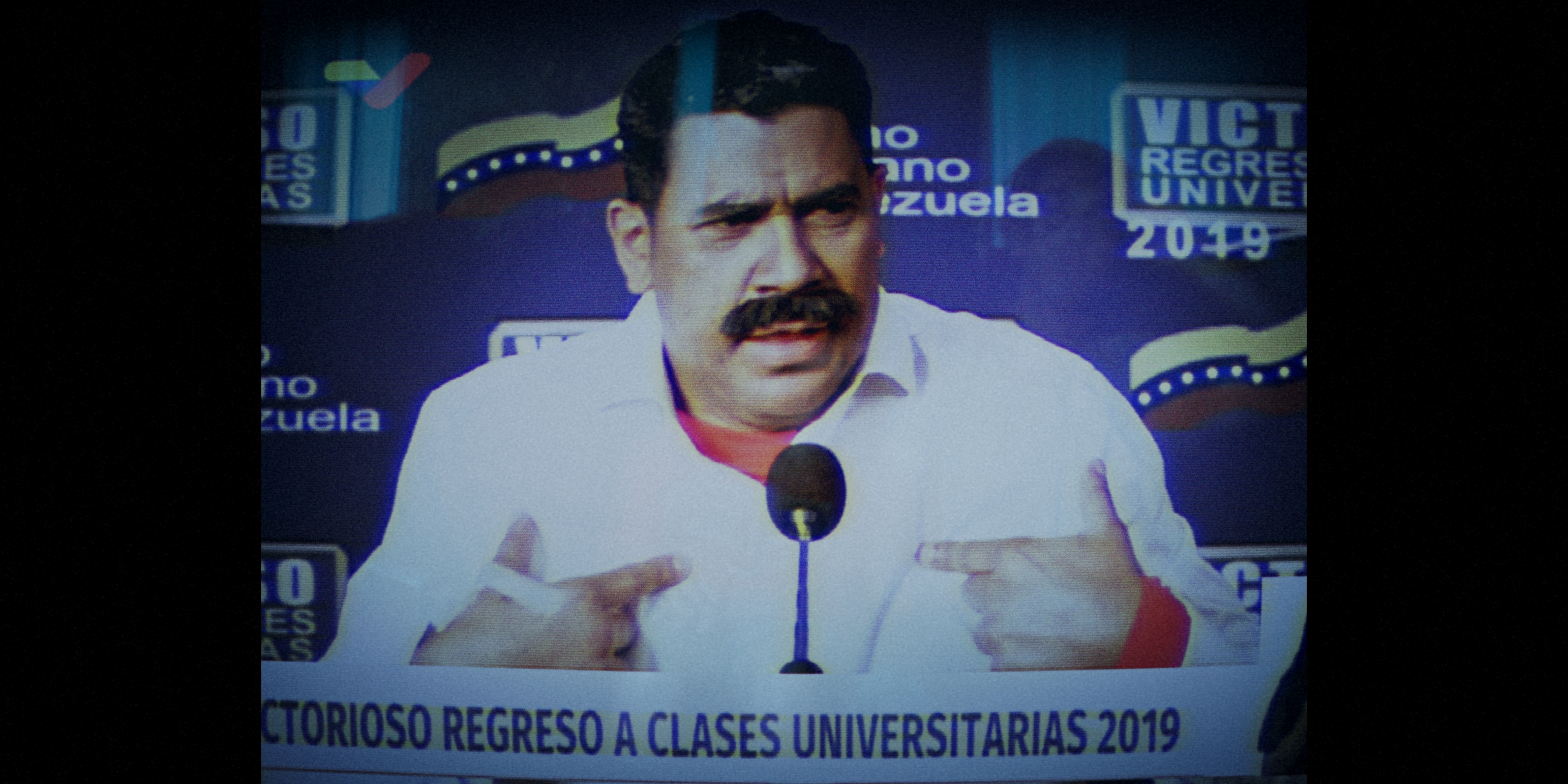
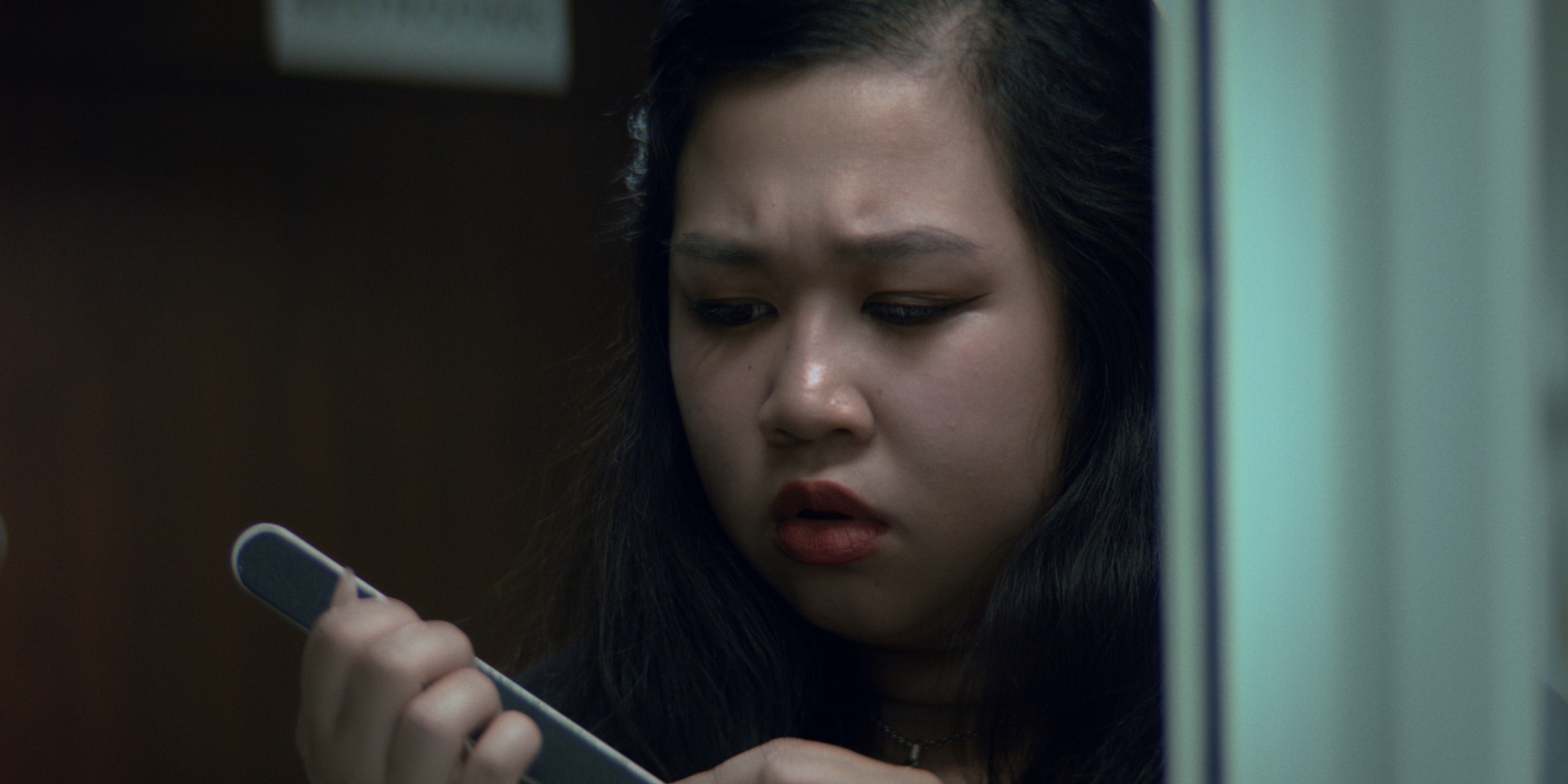
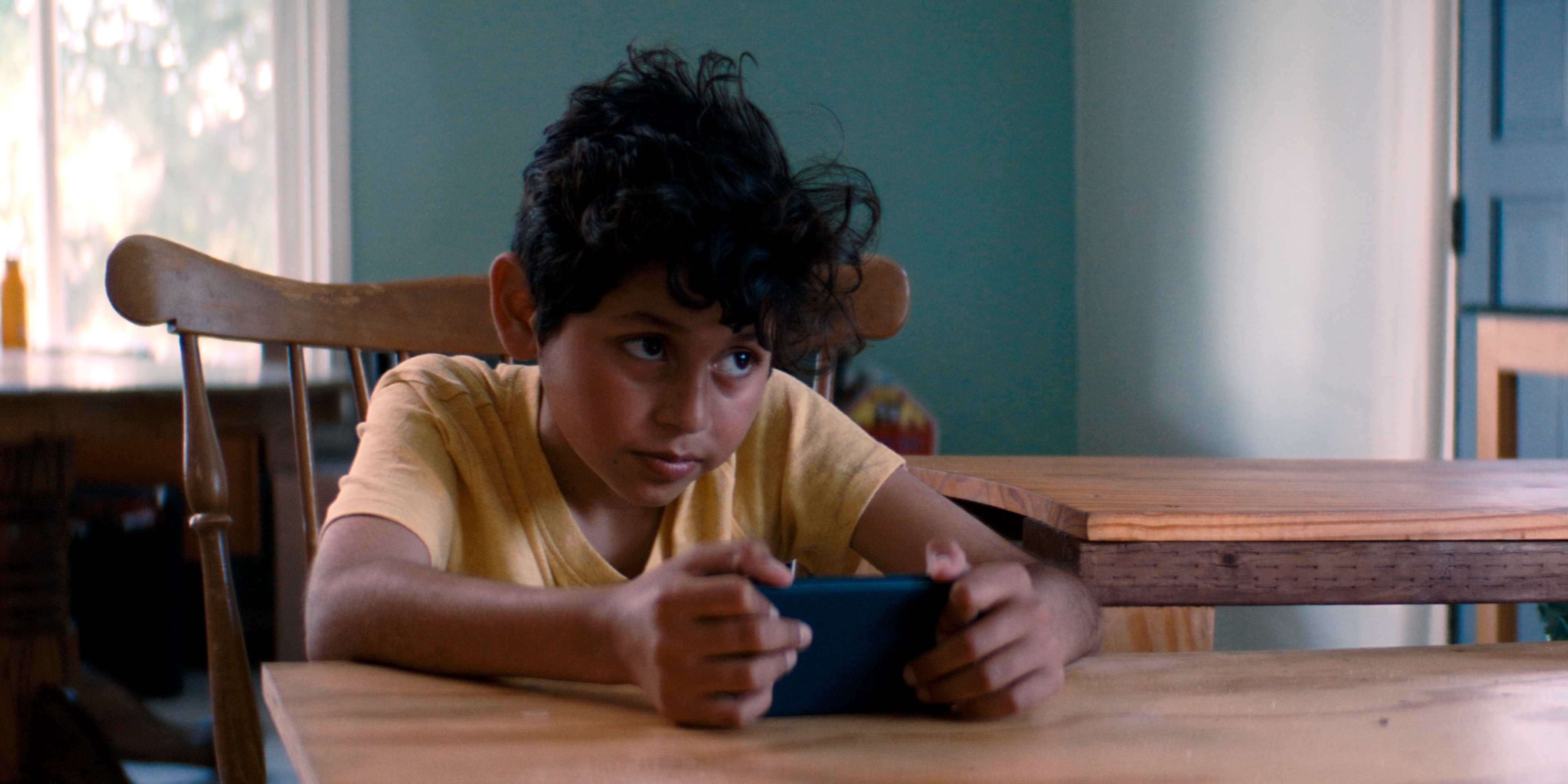

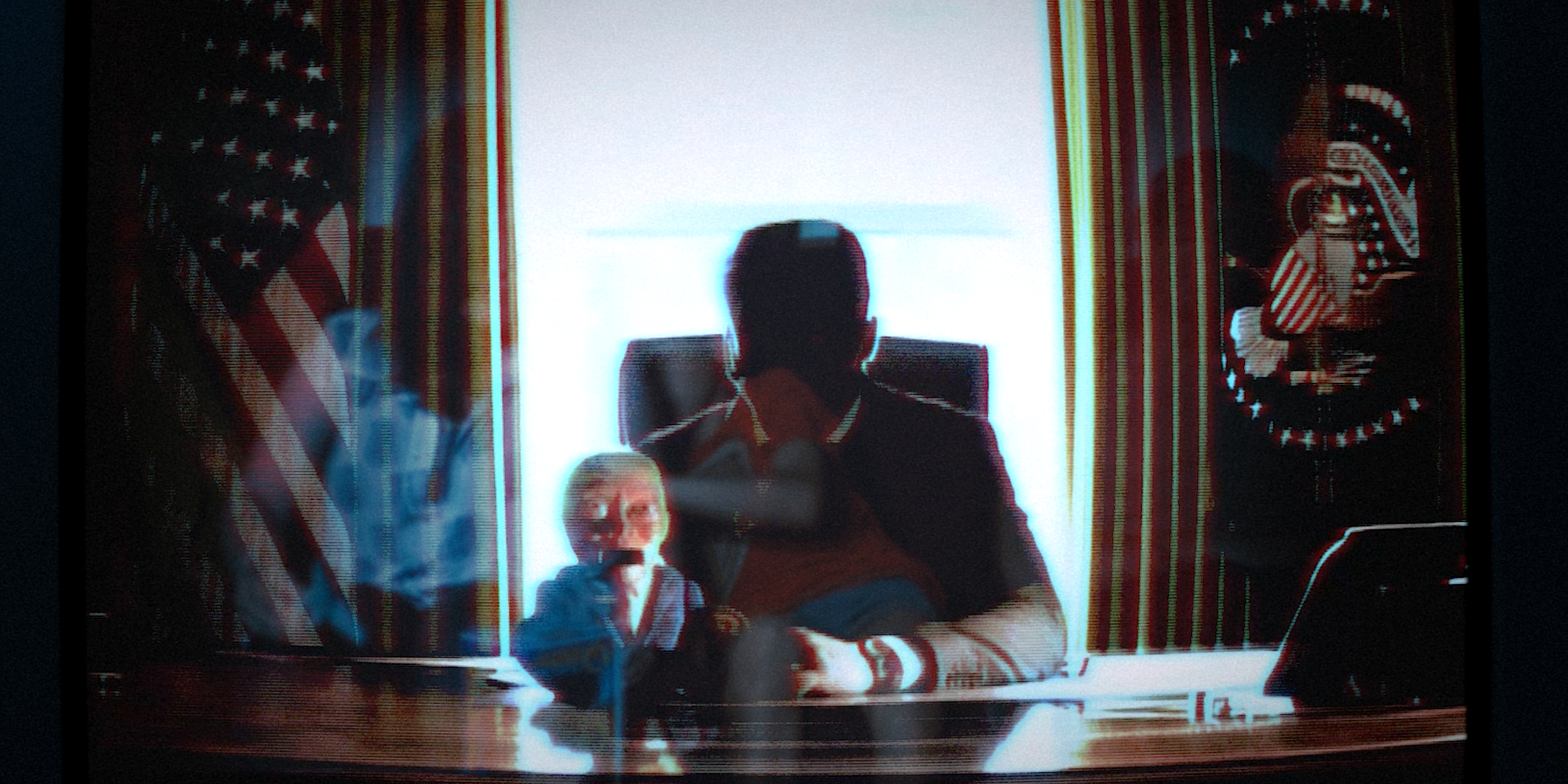
© 2025